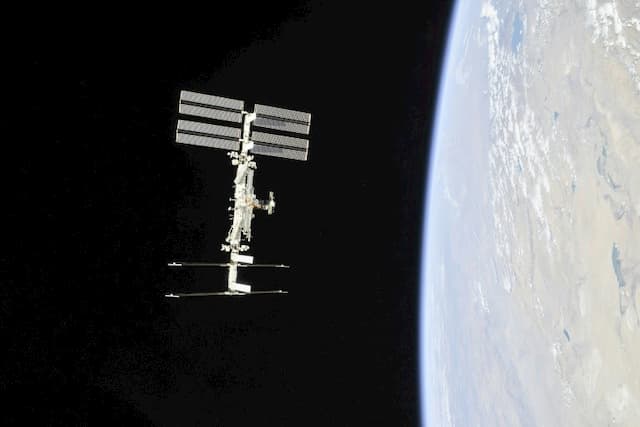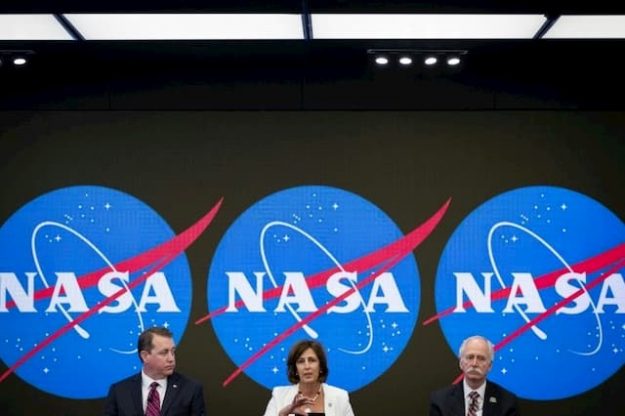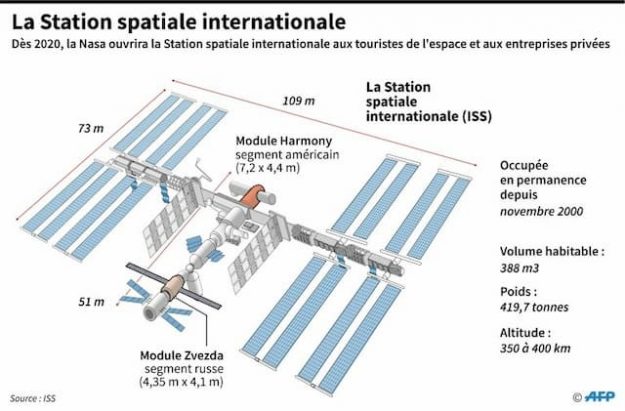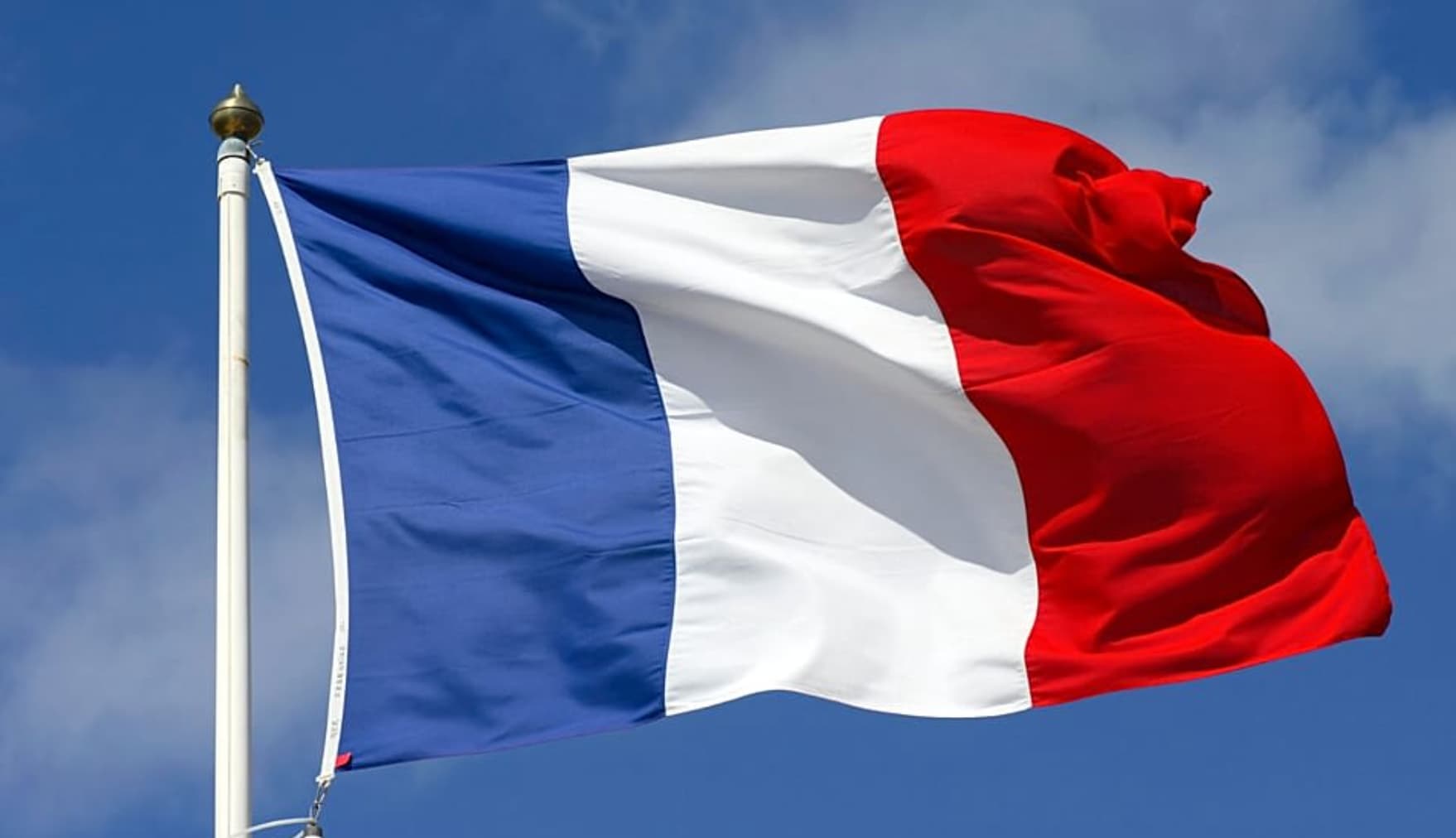NASA will Rent the International Space Station to Tourists: $ 35,000 Per Night

Count around $ 35,000 per night and per astronaut. The first tourists will be able to go there in 2020 and thus develop “the economy of space”.
Twenty years after Russia, NASA wants to get paid from 2020 to accommodate space tourists and companies in the International Space Station (ISS), which it seeks to disengage financially.
“NASA is opening the International Space Station to commercial opportunities,” said Jeff DeWit, the chief financial officer of the US Space Agency, at Nasdaq in New York.
“NASA will allow up to two short private astronaut missions a year,” said NASA manager Robyn Gatens, who heads the ISS.
Either stays up to 30 days, said Nasa. Potentially, up to a dozen people could stay on board the ISS per year … But not make an exit, in space vacuum.
They can be of any nationality.
Read also: You will be able to admire Jupiter with the naked eye
$ 35,000 per night and by astronaut
But these private astronauts, as Nasa prefers to call them, will have to be transported exclusively by the two American companies that are currently developing vehicles for NASA: SpaceX, with the Crew Dragon capsule, and Boeing, which builds the Starliner capsule.
These companies will choose the customers and charge them the trip, which will be the most expensive part of the adventure: about $ 58 million per round trip, the average rate charged to NASA by these two companies for carrying its own astronauts.
Neither Dragon nor Starliner is ready yet. In theory, the competing capsules must be operational by the end of 2019, but the timing still depends on the success of several tests. 2020 will, therefore, be the earliest for these private missions.
Tourists will pay NASA for the stay in orbit: food, water, toilets and the entire life support system on board, developed for decades by US taxpayers.
Billed cost: about $ 35,000 per night and per astronaut, according to Jeff DeWit.
The internet will not be included: $ 50 per gigabyte.

Very expensive rockets
The ISS does not belong to NASA: the station has been built with Russia since 1998, and other nations participate and send astronauts.
But the United States has financed and controls most of the modules.
These space tourists will not be the first: the American businessman Dennis Tito was the first, in 2001. He had paid Russia about 20 million dollars at the time. A few others had followed him, to the Canadian Guy Laliberté, founder of Cirque du Soleil, in 2009.
Since 2011, Soyuz rockets have been the only human taxi to the ISS, and have exclusively transported astronauts from space agencies (in addition to Russian cosmonauts). There are permanently between three and six crew members on board: at this moment, three Americans, two Russians and one Canadian are there.
Russia plans to take back these tourist flights at the end of 2021.
The policy change announced Friday also includes the opening of the US parts of the station to private companies for “commercial and marketing activities”.
This includes start-ups that develop materials manufacturing in weightlessness, for example. Optical fibres are of unmatched quality when manufactured in weightlessness.
NASA released a first price chart Friday, per kilogram of freight.
Develop the economy in space
The idea is to develop the space economy in the hope of seeing the private sector one day resume the ISS, that the United States should stop funding in the late 2020s.
“We want to become a tenant, not a homeowner,” NASA administrator Jim Bridenstine told reporters in April.
The space agency wants to release financial means for the Artemis mission to return to the Moon in 2024, and sending the first humans to Mars, perhaps in the next decade.
But the profitability of commercial activities in Earth orbit remains to be proven, because of the still very high cost of transport.
For the space agency, necessity seems to be law.
When Russia announced the dispatch of Dennis Tito, Nasa initially opposed … and ended up billing the Russians.

Enjoyed this? Get the week’s top France stories
One email every Sunday. Unsubscribe anytime.


